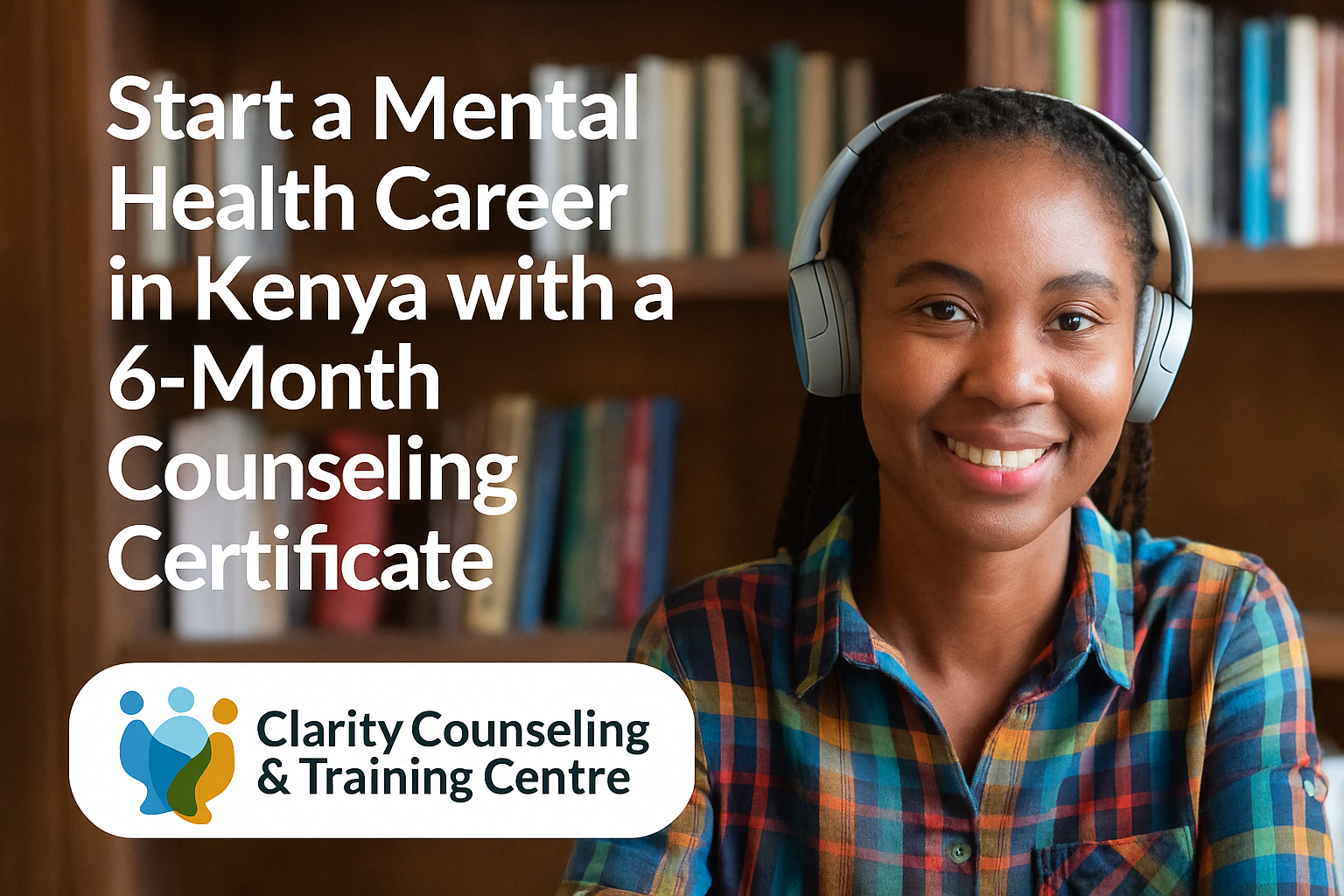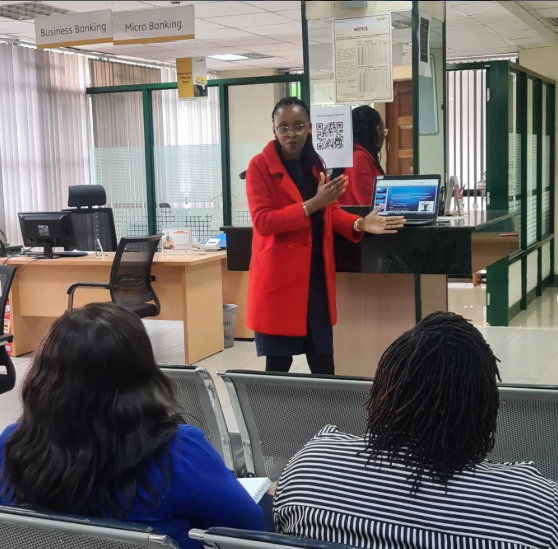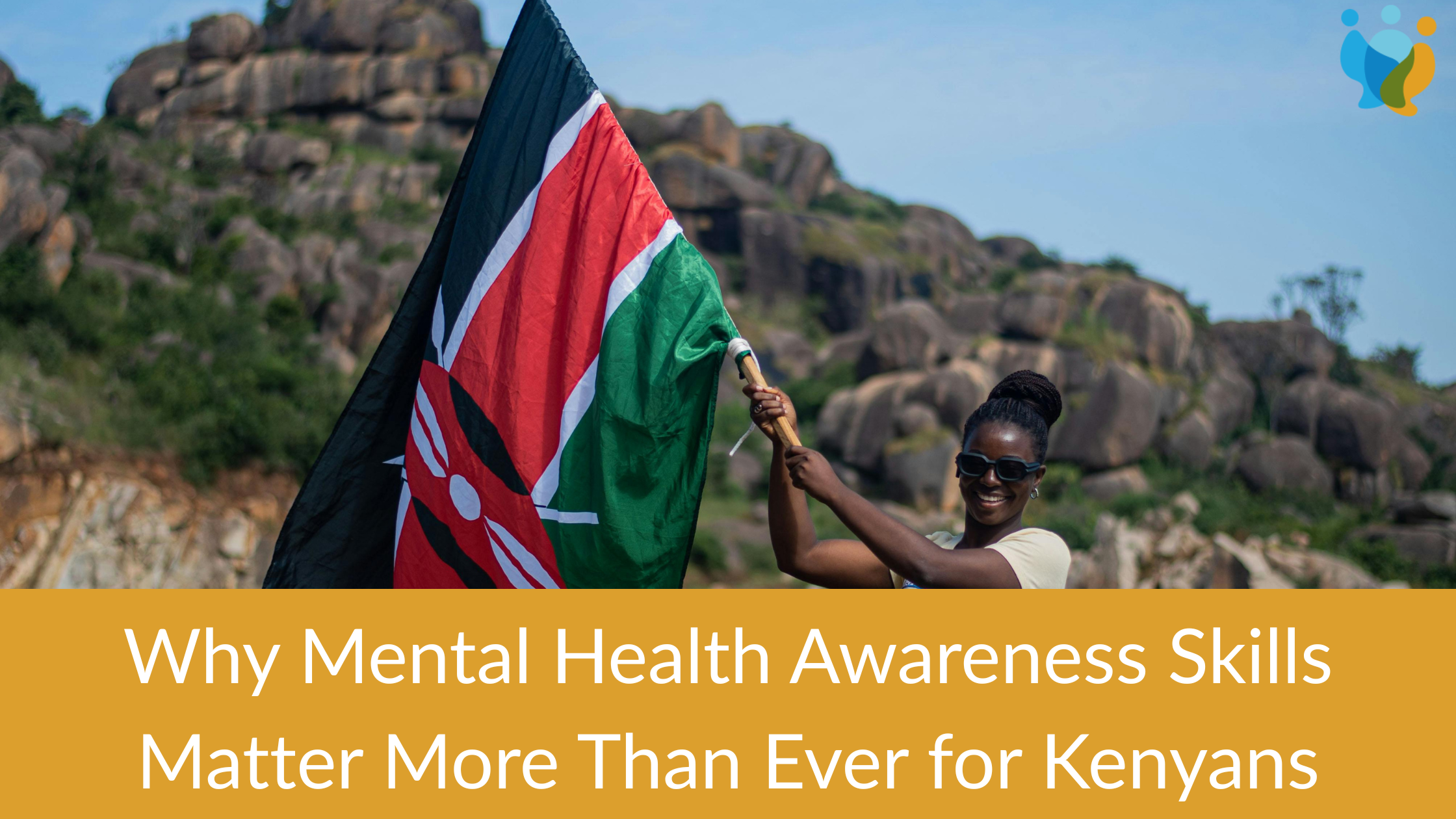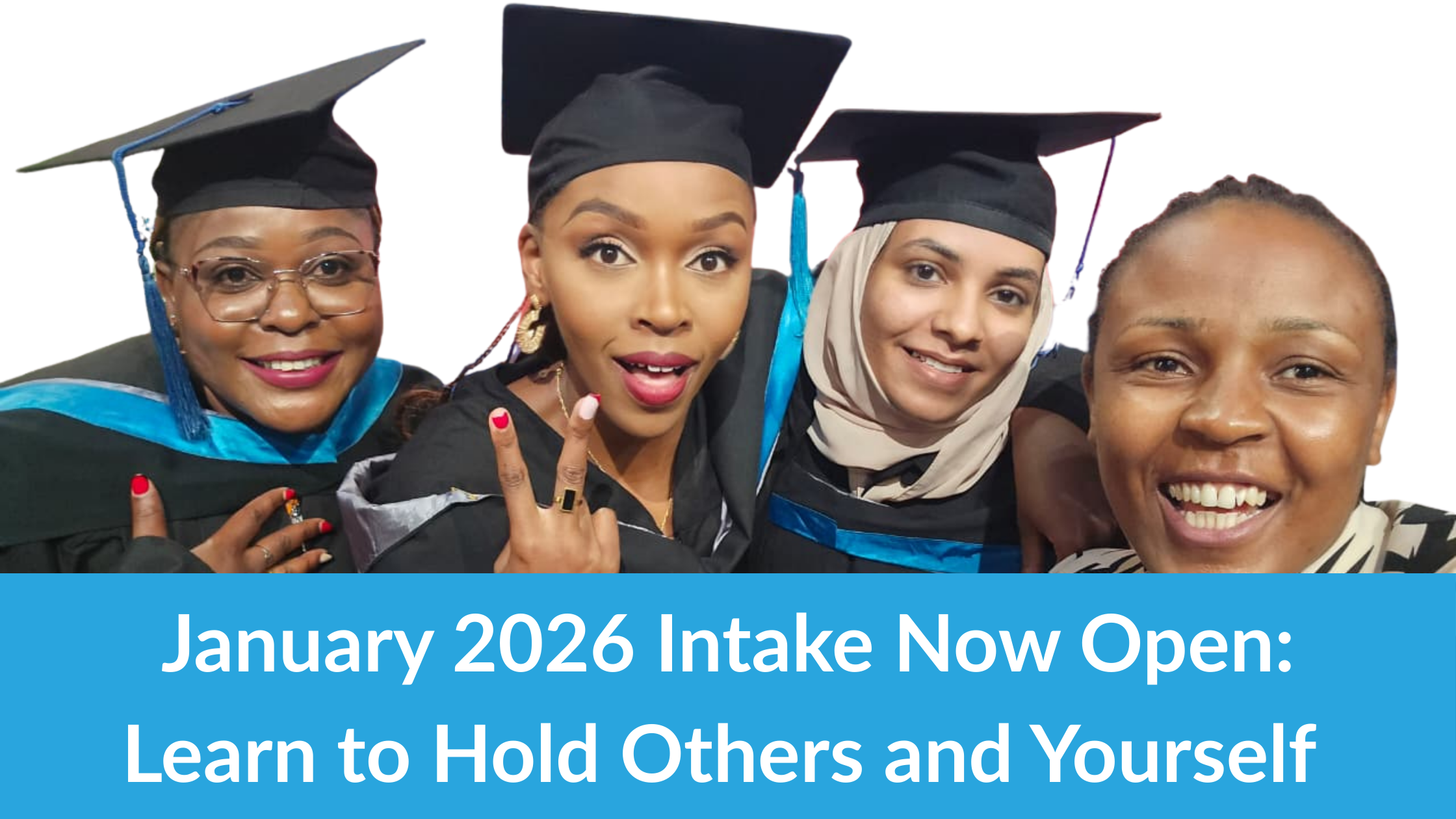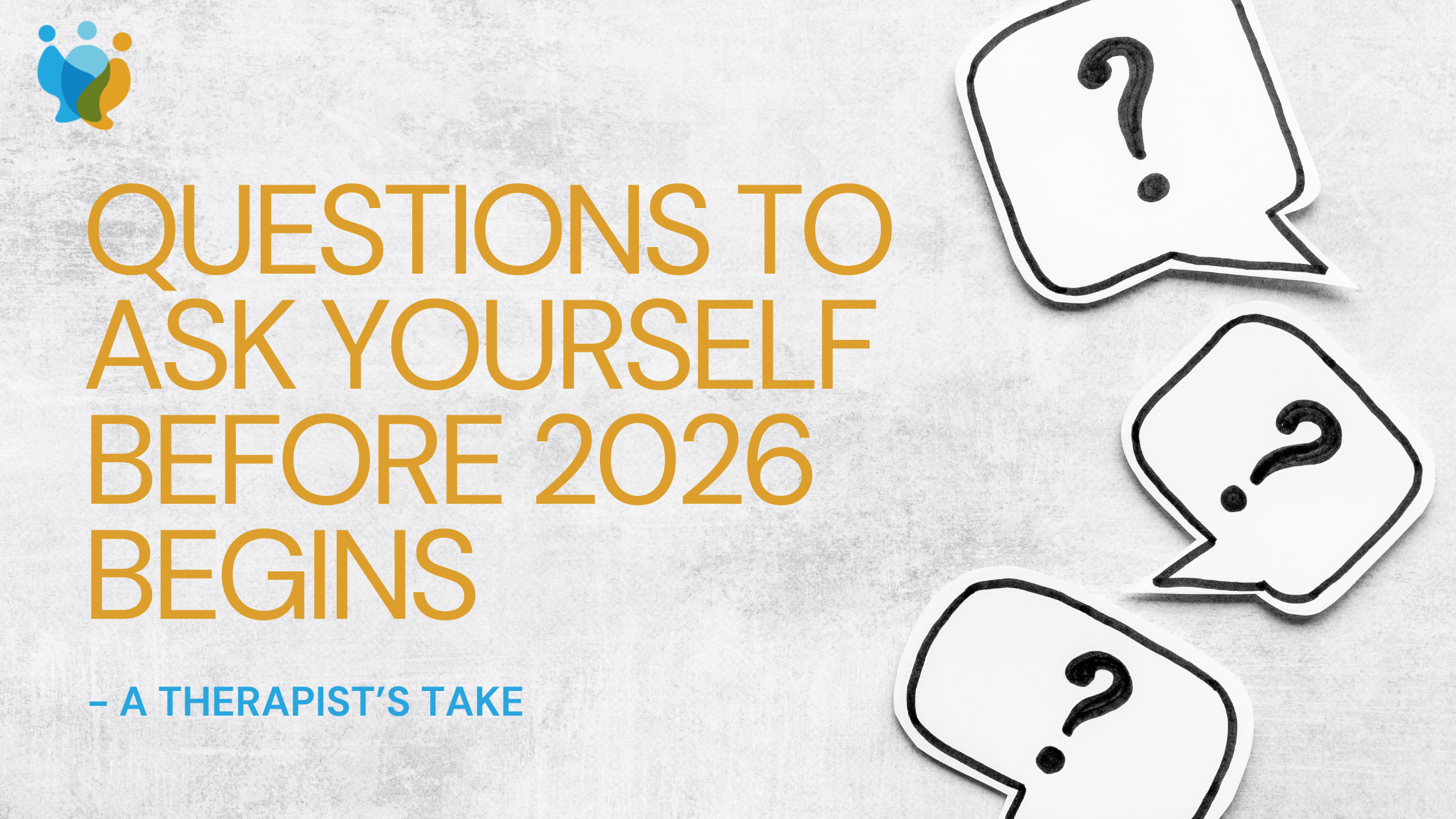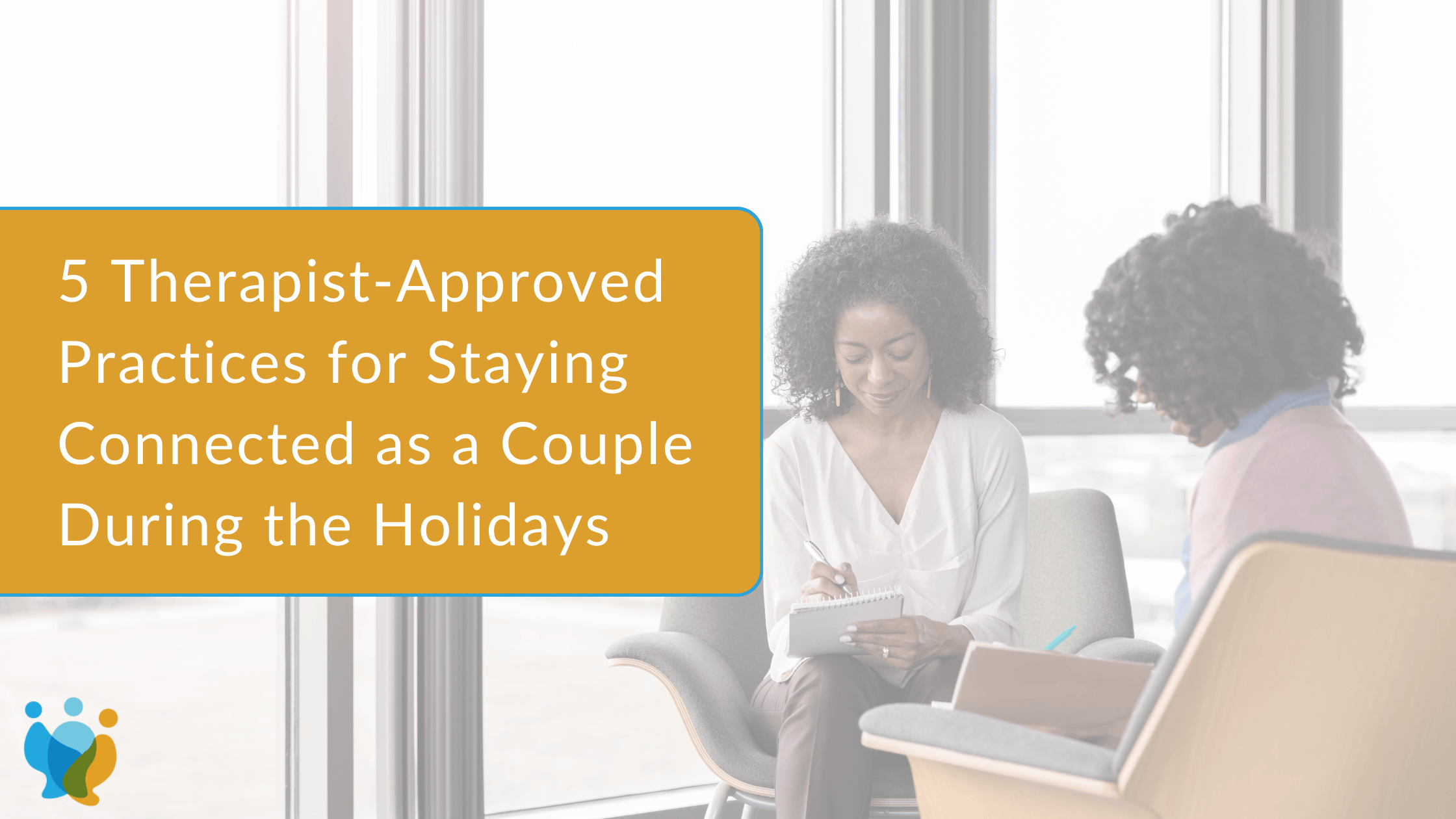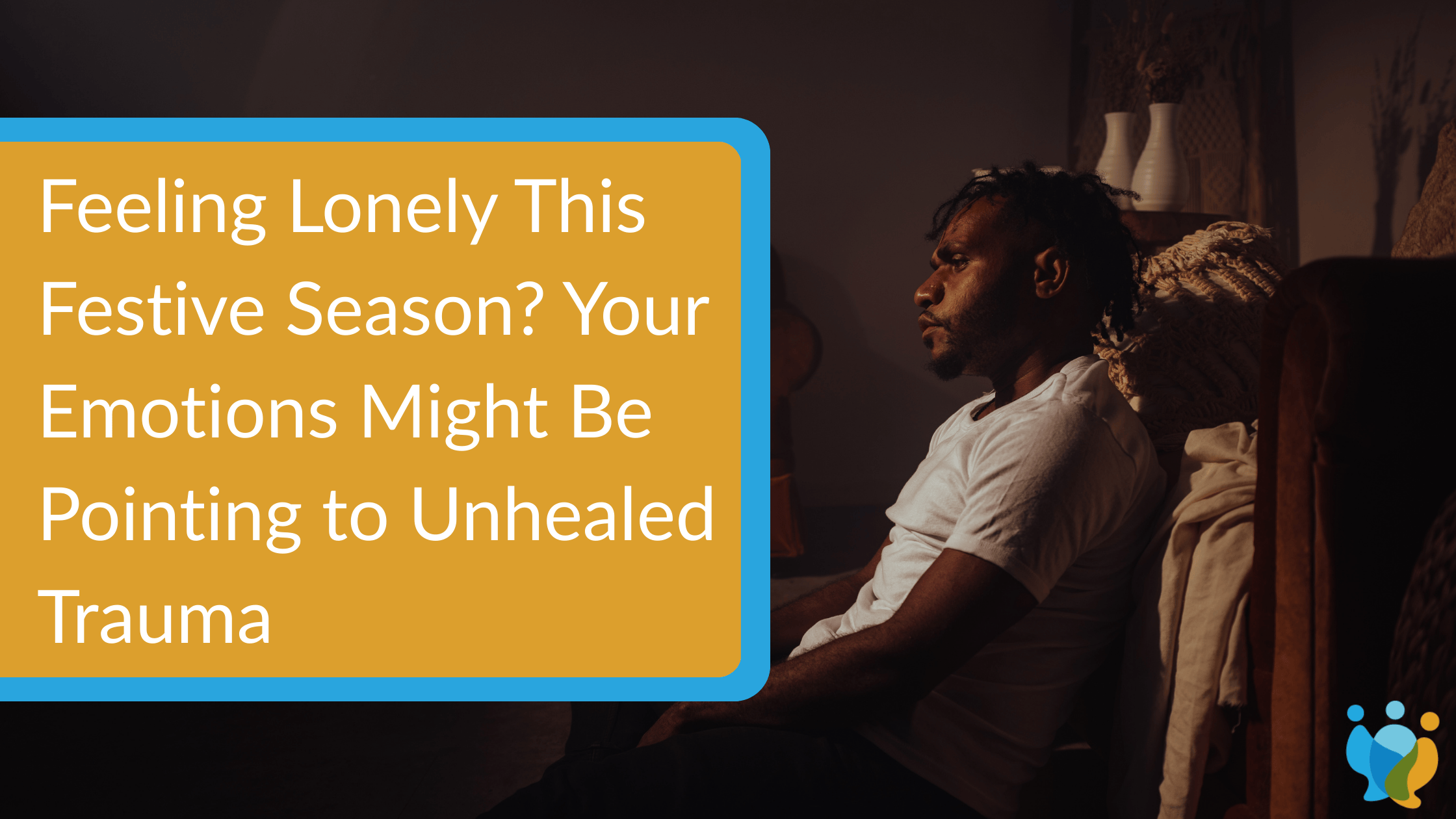7 Ways How a Basic Counselling Course Boosts Your Career Path
Imagine you’re sitting in a meeting, the air tense, colleagues tiptoeing around a conflict that everyone feels but no one names.
Suddenly, someone leans in and listens, really listens. The tone softens. Solutions surface. The room shifts.
That moment? It wasn’t strategy or a flashy PowerPoint that made the difference. It was a skill that seems invisible until it changes everything: counselling skills.
Many people assume counselling courses are only for future therapists. But what if a short course in listening and self-awareness could completely reshape how others see you at work , and even unlock new career doors you didn’t know existed?
This isn’t theory, but the practical, surprising, and sometimes counterintuitive ways a basic counselling course can supercharge your path.
Let’s dive into the unexpected. Shall we?
1. Why So-Called “Soft Skills” Are Your Hardest-Hitting Career Move
For years, empathy, listening, and self-awareness were dismissed as “soft skills.” Nice to have, but not essential. That’s outdated thinking. Today, they’re the currency of influence.
Think about it, technical know-how gets you in the room. But the way you handle people keeps you there or moves you up. A basic counselling course turns vague concepts like “good communication” into tools you can actually practice.
Take micro-reflections. Instead of waiting for your turn to talk in a meeting, you reflect someone’s words back in a short, precise way: “So you’re saying the timeline feels too tight?”
That tiny skill diffuses tension and makes people feel heard. Suddenly, you’re not just another voice in the room. You’re the person people trust to cut through noise.
“Technical know-how gets you in the room. But the way you handle people keeps you there.”
Takeaway: Counselling skills aren’t soft; they’re power skills that get you noticed.
2. The Leadership Edge You Didn’t Know You Had
Most people picture leadership as vision boards and strategic roadmaps. But ask anyone who’s worked under a good leader, and you’ll hear a different story.
It’s about presence. About making others feel safe enough to bring their best selves. That’s where counselling skills sneak in. The ability to de-escalate conflict, build trust, and ask the right questions isn’t just for therapy rooms, it’s for boardrooms, classrooms, hospitals, and NGOs.
One powerful practice you’ll learn is holding a “feedback circle.” Instead of awkward one-on-one reviews, you create space where your team shares openly, while you guide the process with empathy.
The result? Less defensiveness, more growth. For insight, leadership doesn’t mean having all the answers. In actual sense, it’s about drawing answers out of others. And that’s exactly what counselling skills teach you.
Takeaway: Great leaders don’t just speak. They listen with precision.
3. How Counselling Skills Make Your CV Impossible to Ignore
Scroll through LinkedIn profiles and you’ll see the same credentials on repeat: degrees, job titles, certifications. Then, imagine seeing “Basic Counselling Skills & Self Awareness” under professional development. Doesn’t that make you pause?
That pause is your advantage. Employers and clients are drowning in sameness. Counselling training signals you bring something extra: the ability to handle tricky conversations, diffuse tension, and build connection.
Update your CV. Add it to your LinkedIn headline. Mention it in interviews. Not as a footnote, but as a defining trait. Because let’s face it, in every industry, from finance to education to tech , someone who can navigate human complexity is priceless.
And here’s the unexpected twist, once people see you as “the one who understands,” they start seeking you out. Suddenly, you’re the go-to for sensitive projects, confidential conversations, and leadership opportunities that aren’t advertised.
Standing out is more than the credentials one holds. It’s about rare human skills.
4. The Secret Side-Door Into Coaching, Mentorship, and More
A basic counselling skills course is often pitched as a stepping stone into a diploma or degree.
But here’s the secret, it’s also a side-door into whole new careers.
- Coaching
- Mediation
- Mentorship
- Employee wellness consulting
- Pastoral care
- Community organizing
All of these fields prize the ability to listen deeply and guide gently. And you don’t have to quit your job tomorrow to explore them. Start small. Volunteer at a local NGO. Offer support in schools or church programs. Test-drive these spaces while building experience.
The beauty? You’re not locked into a single path. You can keep your current role while exploring counselling-adjacent opportunities.
It’s low-cost, low-risk career experimentation, with high payoff. For someone feeling stuck, this is liberating. You don’t need to burn bridges to build a new one. Sometimes the side-door is the smartest way forward.
5. How to Train Your Emotional Radar (and Stop Sabotaging Yourself)
If you’ve ever been blindsided by your own emotions in a stressful moment, you know how costly it can be. Snapping at a boss. Shutting down in a presentation. Freezing in a negotiation.
A basic counselling skills and Self Awareness course doesn’t just teach you to read others, it forces you to read yourself.
The self-awareness modules are where many people have their biggest breakthroughs.
Here’s an exercise: after each class, journal your triggers and insights. Maybe you realized you interrupt when you’re anxious. Or that silence makes you uncomfortable, so you rush to fill it. Those patterns, once noticed, lose their grip.
In real-world terms you:
Walk into interviews calmer
Handle client meltdowns without spiraling
Lead without letting stress leak out sideways.
Emotional intelligence becomes your career insurance, protecting you from burnout, bad calls, and broken relationships.
6. Forget Networking, Start Connecting
We’ve all been to networking events where conversations skim the surface. Business cards exchanged, LinkedIn connections made, but no one remembers much after. Now imagine using counselling skills at those same events.
Instead of rushing to pitch yourself, you ask a thoughtful question. You pause. You listen with genuine interest. The other person walks away thinking, “Wow, they actually got me.”
That’s not just networking. That’s connection and connection is the foundation of opportunities that go beyond jobs: collaborations, partnerships, even friendships.
Another overlooked piece? Your classmates. A Clarity counselling course attracts people from diverse industries. Over time, those peers often become a career support network:
- Recommending you for roles
- Sharing projects
- Acting as sounding boards
Networking, done deeply, connects people and builds allies. And Basic Counselling Skills and Self Awareness training gives you the tools to do just that.
7. The One Skill AI Will Never Replace
Here’s a hard truth, technical skills age quickly. What you mastered five years ago may already feel outdated. But empathy? Active listening? The ability to sit with discomfort? Those don’t expire. In fact, they’re becoming more valuable.
As AI and automation take over repetitive tasks, human-centered skills stand out. Machines can process data, but they can’t sit with grief. They can draft emails, but they can’t rebuild trust. That’s where counselling skills future-proof you.
They position you as someone who bridges the technical with the human. In industries increasingly obsessed with efficiency, you become the anchor reminding everyone what matters most. Why not invest in skills technology can’t touch?
Imagine Looking Back Five Years From Now
You see yourself more confident in meetings, more trusted by colleagues, more open to career pivots you never imagined. And it all started with a short course in Basic Counselling Skills. The benefits aren’t always loud.
They don’t show up in flashy ways. But they show up in moments, a conversation that shifts, a conflict that resolves, an opportunity that lands in your lap. This is more than just a course. It’s a quiet revolution in how you show up in your work and in your life.
So the question is: are you ready to see where it could take you? Enroll today for our October intake and enjoy a rewarding career boost.
Sometimes, the smallest course changes your entire map.

